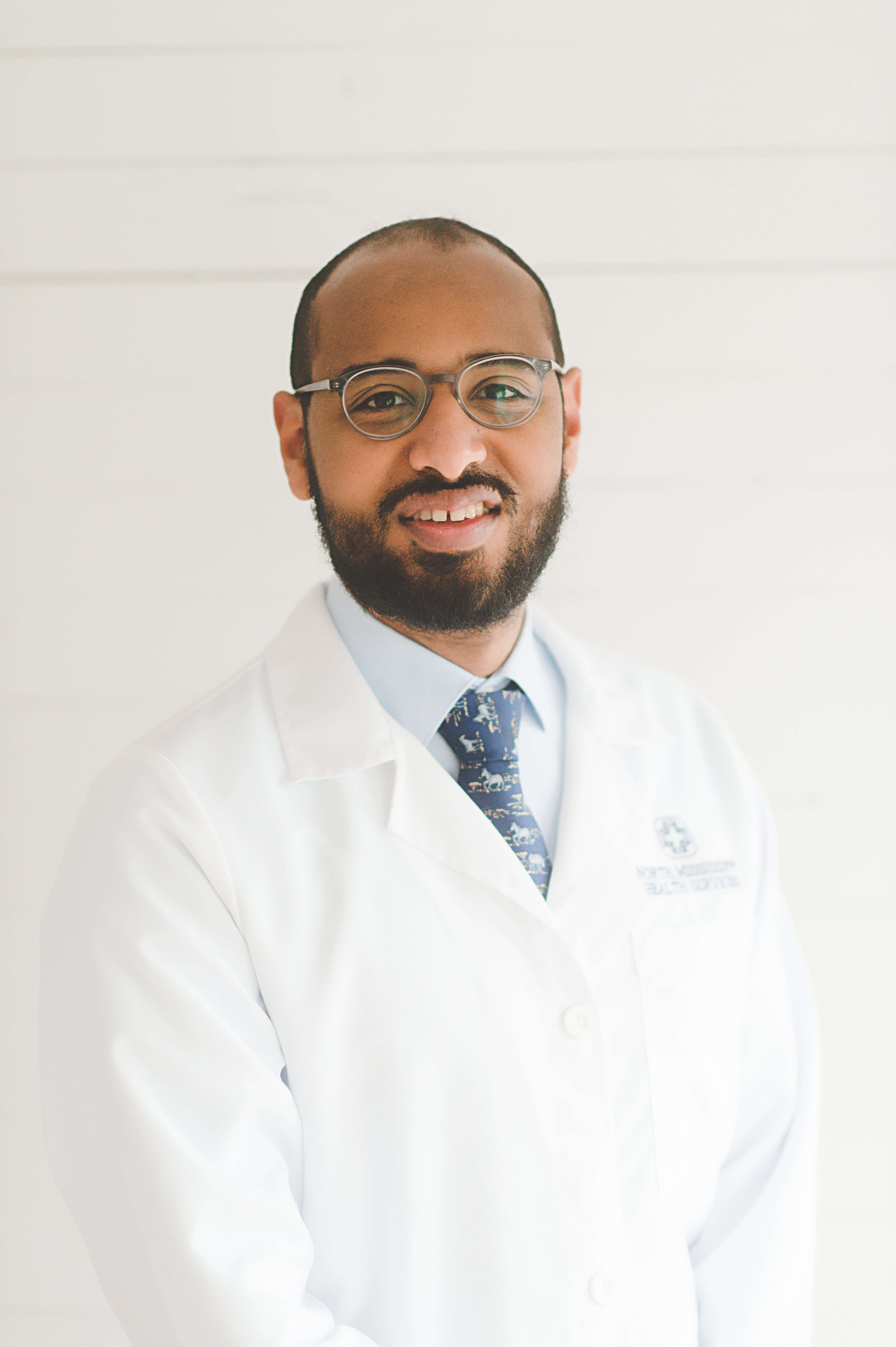



Summary
Atrial fibrillation causes the heart to pump ineffectively and increases your risk for stroke.
If you experience episodes of heart flutters or racing, shortness of breath or dizziness—whether it lasts for minutes or hours—it could be caused by atrial fibrillation.
AFib Explained
AFib is the most common heart rhythm disorder. It is an irregular heart rhythm that originates in the atria (top chambers of the heart).
Normally, the heart squeezes or contracts in response to a single electrical impulse traveling in an orderly fashion through the heart. In AFib many impulses begin and spread chaotically through the heart and make the ventricles (bottom chambers of the heart) squeeze or contract in an irregular fashion.
Think of it this way: normally, the heart’s electrical activity is like a wave which sets the atria in motion. In AFib, the heart’s electrical activity is more like raindrops on a pond.
Concerns
While AFib is rarely life threatening, it can be extremely bothersome and sometime dangerous.
People with AFib are seven times more likely to have a stroke. Because the upper heart chambers are quivering and not beating, blood will stagnate and form a clot. If that clot leaves the heart and goes to the brain, you have a stroke.
These blood clots can also travel to other parts of the body (legs, kidneys, intestines), causing damage. If your heart rate is very fast over a long period of time, it can even cause heart failure.
Causes
AFib is associated with:
- High blood pressure
- Heart failure
- Thyroid disease
- Obesity
- Heart valve disease
- Alcohol use
- Advancing age
Treatment
Although AFib cannot be cured, it can be treated. The initial strategy is anticoagulation (blood thinners) to decrease the risk of stroke and other issues that can be caused by blood clots.
We try to lower your heart rate and return you to normal heart rhythm. Medications are often used to control heart rate and rhythm; however, they are ineffective in many patients.
Alternate techniques, such as selective cauterization or "ablation" of critical portions of the atrial tissue, have proven to be effective in 50-80% of patients, particularly if it is applied early in the course of this rhythm problem.
Seek Help
If you suspect you may have AFib, please inform your health care provider.

